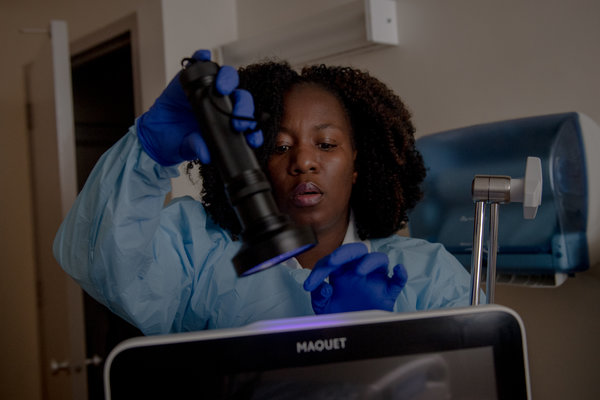Forcing a smile for customers linked with more drinking after work
UNIVERSITY PARK, Pa. — Employees who force themselves to smile and be happy in front of customers — or who try to hide feelings of annoyance — may be at risk for heavier drinking after work, according to researchers. A team of researchers at Penn State and the University at Buffalo studied the drinking habits…










